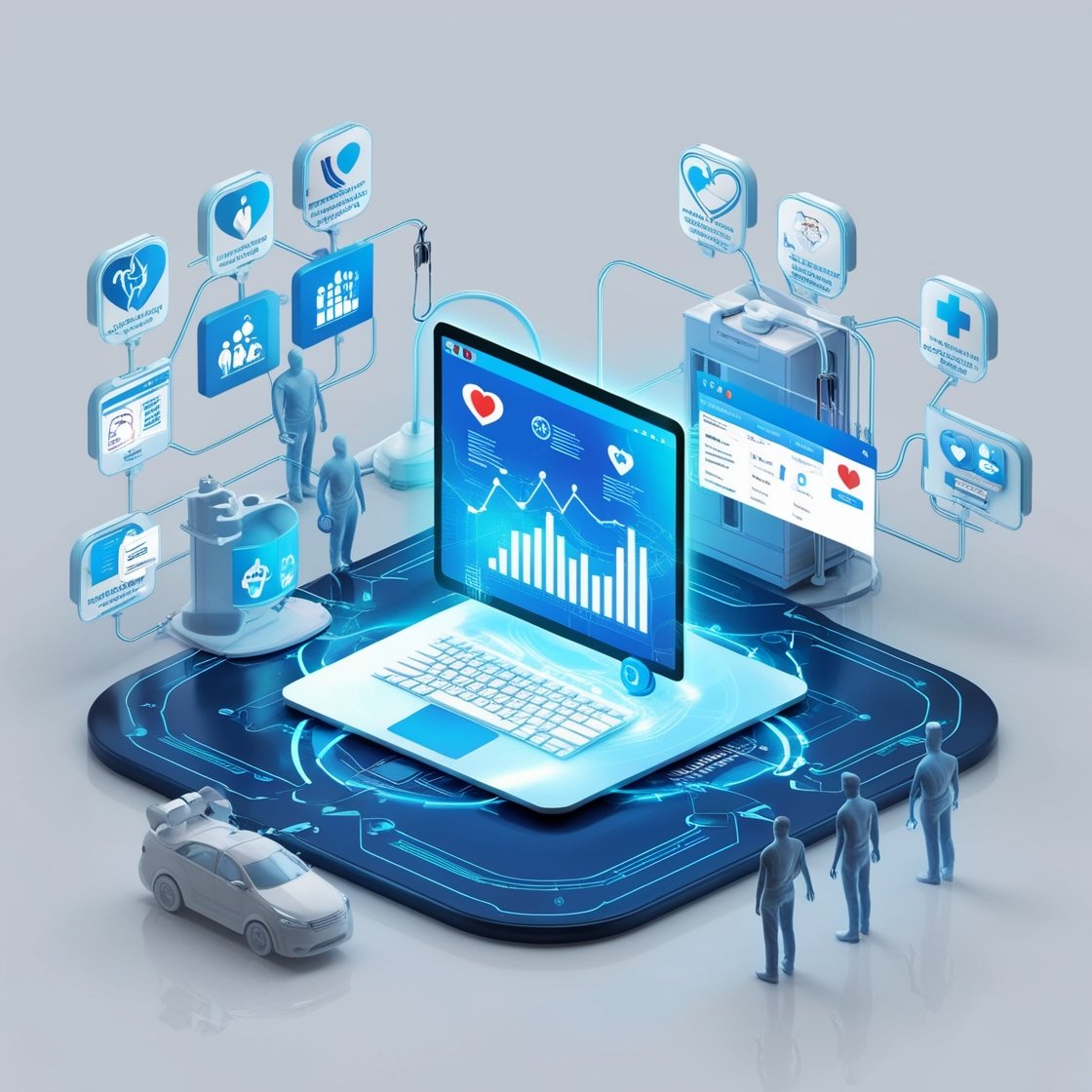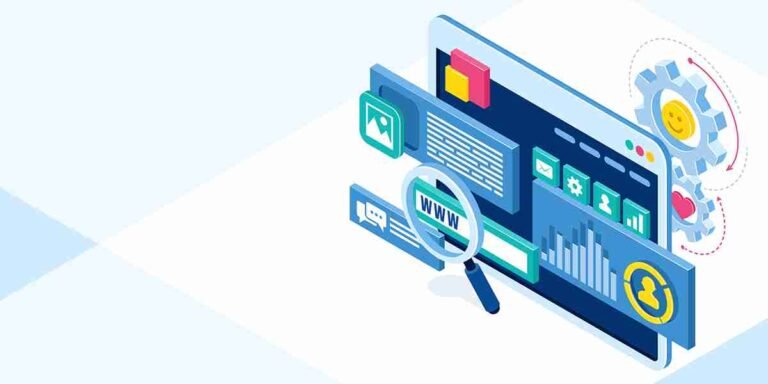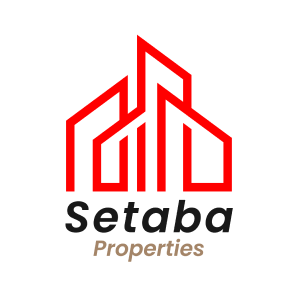Transformation of Hospitals and Healthcare through CRM Applications

Customer Relationship Management (CRM) applications are increasingly becoming integral to the healthcare industry, fundamentally transforming how hospitals manage patient interactions, streamline operations, and enhance care delivery. By focusing on patient management, communication, and data utilization, healthcare-specific CRM systems offer numerous benefits that significantly improve operational efficiency and patient outcomes.
Streamlining Patient Management
Enhanced Patient Engagement: Healthcare CRMs enable hospitals to engage patients more effectively by tracking their histories and preferences. This capability allows providers to deliver personalized care, which is crucial for improving patient satisfaction and retention. For instance, automated reminders for appointments and follow-up care ensure that patients remain connected with their healthcare providers. Optimizing Appointment Scheduling: CRM systems simplify appointment management by allowing patients to schedule visits online, reducing administrative burdens on staff. This automation not only saves time but also minimizes scheduling conflicts, enhancing the overall patient experience. Additionally, CRMs can manage waiting lists and cancellations efficiently, ensuring optimal use of resources.
Improving Communication
Streamlined Internal and External Communication: Effective communication is vital in healthcare settings. CRM systems facilitate smooth communication among healthcare teams and between providers and patients. They can automate notifications for staff regarding patient needs or changes in schedules, thereby improving responsiveness. Furthermore, CRMs can provide patients with timely information about their care plans through automated emails and messages, fostering a collaborative environment.Data-Driven Insights for Decision-Making: By aggregating patient data, CRMs provide valuable insights that help healthcare providers make informed decisions. Analytics capabilities allow hospitals to track trends in patient care, identify areas for improvement, and optimize service delivery based on real-time data. This data-driven approach enhances the quality of care provided to patients.
Enhancing Care Delivery
Personalized Care Strategies: With comprehensive patient profiles stored in CRM systems, healthcare providers can tailor treatment plans to individual needs. For example, knowing a patient’s allergies or previous treatments can guide clinicians in making safer and more effective medical decisions. This level of personalization not only improves treatment outcomes but also builds trust between patients and providers.Automated Workflows: Healthcare CRMs often include features that automate routine tasks such as billing, follow-ups, and documentation. This automation reduces the administrative workload on healthcare staff, allowing them to focus more on direct patient care rather than paperwork. By streamlining these processes, hospitals can operate more efficiently while maintaining high-quality care standards.
Benefits of Healthcare-Specific CRM Systems
- Improved Patient Retention: By enhancing engagement strategies and personalizing patient interactions, CRMs help retain existing patients while attracting new ones.
- Operational Efficiency: Automation of administrative tasks leads to significant time savings and resource optimization.
- Enhanced Data Security: Modern CRMs are designed with robust security measures to protect sensitive patient information, ensuring compliance with regulations like HIPAA.
- Better Resource Management: CRM systems provide insights into resource allocation needs based on patient demand forecasts, helping hospitals manage their operations more effectively.
Mountain Techno System’s Custom CRM Solutions
Mountain Techno System specializes in providing tailored CRM solutions for hospitals. Their offerings focus on seamless integration with existing systems while ensuring data security and compliance with healthcare regulations. By customizing features according to specific hospital needs—such as automated workflows and personalized care strategies—they enhance operational efficiency and improve patient outcomes.
Key Features of a Robust Healthcare CRM
| Feature | Description |
|---|---|
| Contact Management | Centralizes patient information for easy access by healthcare staff. |
| Task Management | Automates routine tasks such as appointment reminders and follow-up notifications. |
| Telehealth Integration | Facilitates remote consultations through integrated telehealth services. |
| Analytics & Reporting | Provides insights into patient data trends for informed decision-making. |
| Patient Data Management | Ensures secure storage and easy retrieval of comprehensive patient records. |
In conclusion, the integration of CRM applications in the healthcare sector represents a significant advancement towards improving patient management, communication, and care delivery. By leveraging technology effectively, hospitals can enhance operational efficiency while ensuring high-quality patient experiences.














